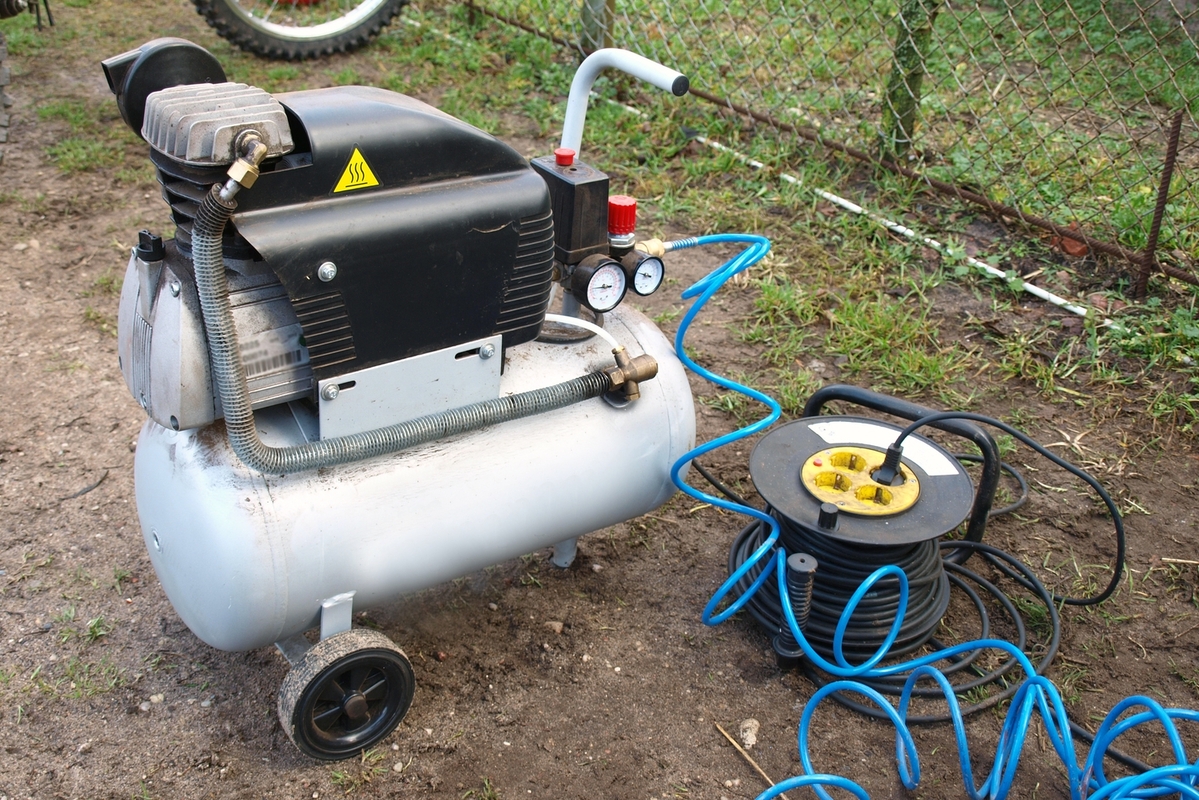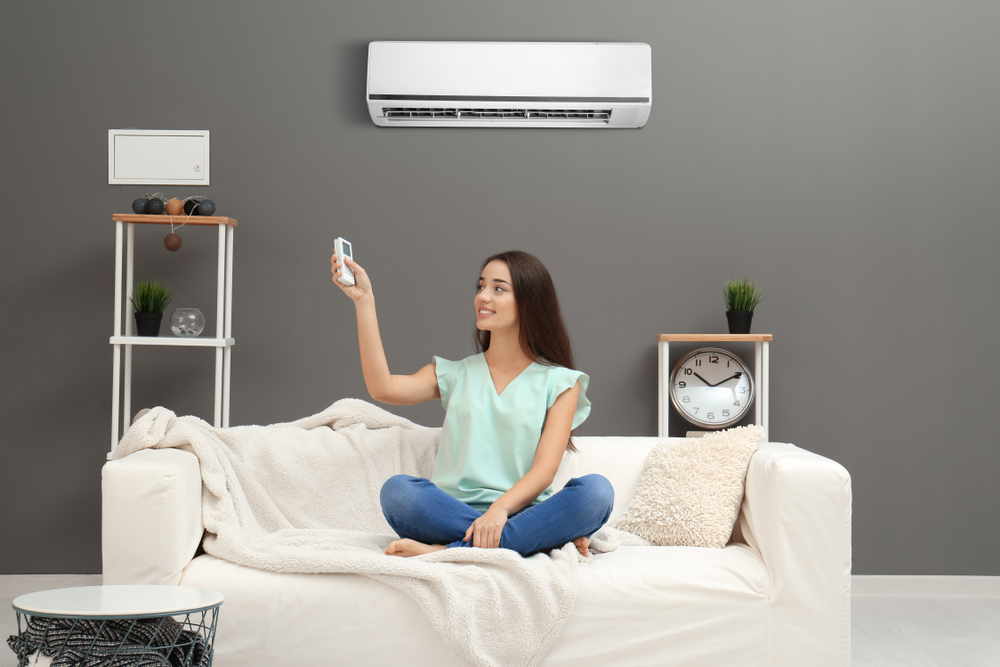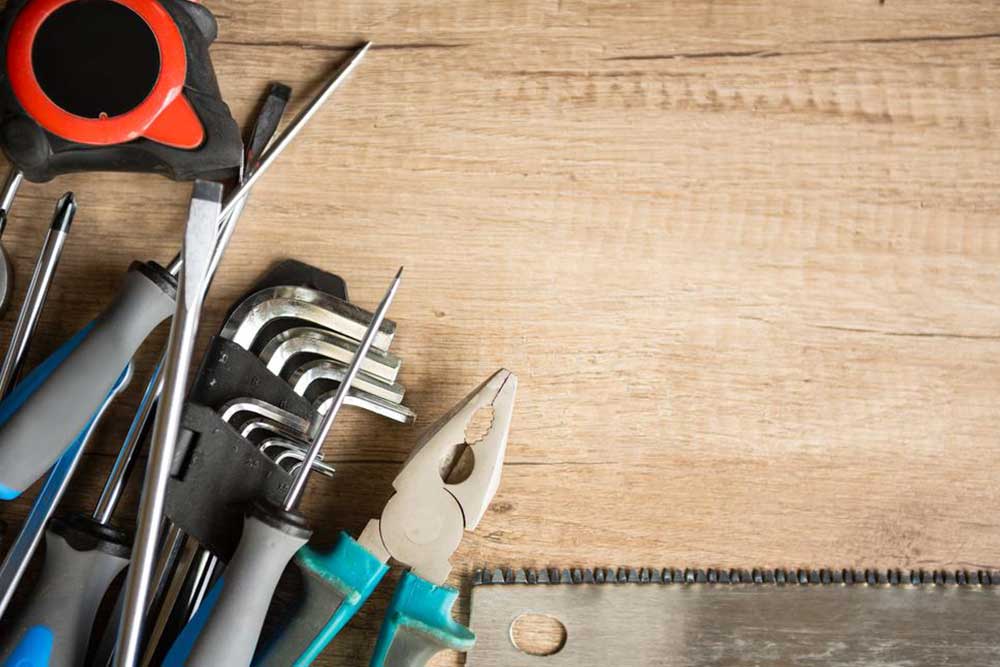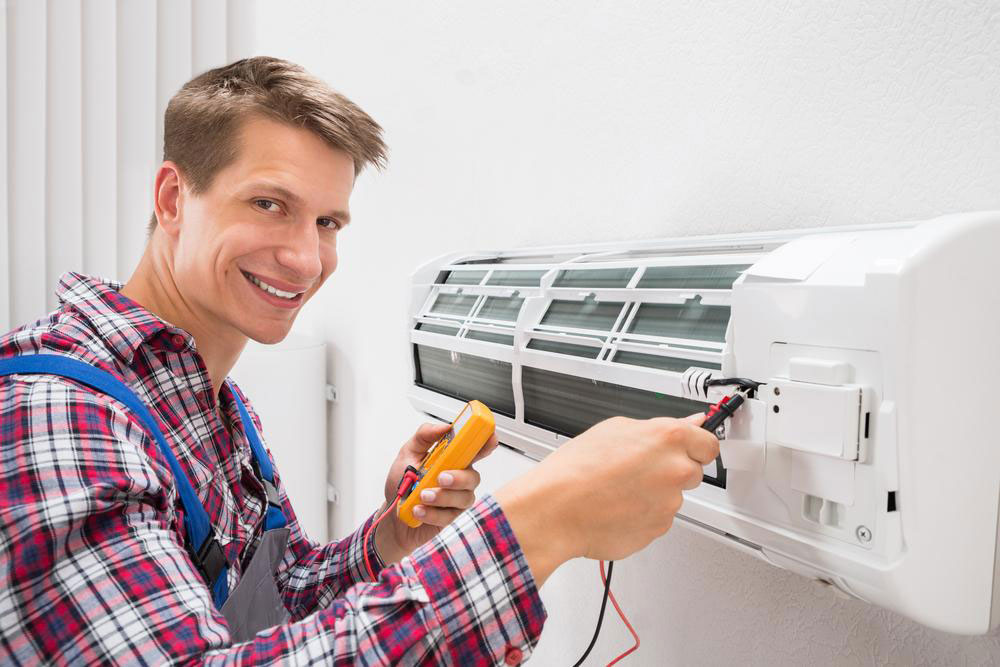Key Considerations When Purchasing Air Compressors in Mexico
Purchasing an air compressor in Mexico necessitates a thorough evaluation of various factors that will ensure the equipment meets your specific needs. Air compressors are essential in various industries, including automotive, manufacturing, construction, and even certain home applications. This detailed guide will explore the key considerations you should keep in mind to make an informed and beneficial purchase.
Understanding Your Requirements
Before delving into the specifics, it’s critical to understand your unique requirements:

– Usage: Define whether the compressor is for industrial, commercial, or residential use. Industrial applications often require heavy-duty compressors with long operating hours, while residential applications may involve less demanding models.
– Power Source: Determine the primary power source available. Mexico’s power grid and fuel types can influence your choice between electric, gasoline, or diesel air compressors.
– Portability: Assess the need for portability. Stationary air compressors are suitable for workshop settings, whereas portable models are essential for on-the-go tasks.
Types of Air Compressors
Understanding different types of air compressors can help you choose the best fit for your needs:
– Reciprocating Air Compressors: These are one of the most common types and are usually cheaper. They can be single-stage or multi-stage, the latter providing higher pressure which is useful for more demanding applications.
– Rotary Screw Air Compressors: These are more efficient and durable, suitable for continuous use in industrial settings.
– Centrifugal Air Compressors: Used in large-scale industrial applications, these are capable of handling high-capacity needs but are more complex and expensive.
Technical Specifications
When selecting an air compressor, pay attention to the following technical specifications:
– CFM (Cubic Feet per Minute): This measures the compressor’s output. Ensure the model you choose meets or exceeds the CFM requirements for your tools and applications.
– PSI (Pounds per Square Inch): The pressure rating should align with your operational needs. Higher PSI compressors are suitable for heavy-duty tasks.
– Tank Size: The size of the air tank influences how long the air tools can run before the compressor motor turns on again. Larger tanks are beneficial for continuous use.
Reliability and Durability
Given that air compressors can be a significant investment, opting for reliable and durable models is crucial:
– Brand Reputation: Choose established brands known for their quality and service. Brands that have a service network in Mexico assure better after-sales support.
– Warranty: Verify the warranty details and what it covers. Longer warranties typically signify higher confidence in the product’s durability.
– Build Quality: Look for compressors made from high-quality materials, which can withstand the rigors of your specific application environment.
Maintenance and Spare Parts Availability
Ease of maintenance and the availability of spare parts are significant considerations:
– Maintenance Requirements: Some air compressors require regular maintenance, including oil changes and filter replacements. Ensure that you are comfortable with the upkeep.
– Spare Parts: Readily available spare parts can reduce downtime. Opt for compressors from brands that have service centers and spare parts readily available in Mexico.
Energy Efficiency
Energy costs can accumulate, especially for industrial uses, making energy efficiency a crucial factor:
– Energy Efficiency Ratings: Check for models with better energy efficiency ratings. High-efficiency compressors might have a higher upfront cost but will save money in the long run.
– Variable Speed Drives (VSD): Compressors with VSD adjust the motor speed to the demand, which can significantly reduce energy consumption.
Cost Considerations
Budget is always a key factor:
– Initial Cost vs. Lifetime Cost: While cheaper models might be enticing, consider the total cost of ownership, including maintenance, spare parts, and energy consumption.
– Leasing vs. Buying: In some cases, leasing an air compressor might be more cost-effective, especially for short-term projects or if budget constraints are significant.
Legal and Regulatory Compliance
Ensure that the air compressor you purchase complies with local regulations and standards in Mexico:
– Certifications: Look for certifications that meet Mexican standards. Some regions might require specific safety and environmental certifications.
– Import Duties and Taxes: Be aware of any import duties if you’re considering buying from international suppliers. Understanding these costs upfront can prevent unpleasant surprises later.
Purchasing an air compressor in Mexico involves considering multiple factors from your specific needs to technical specifications, reliability, maintenance, energy efficiency, and cost. By understanding these aspects and choosing a product that aligns with your requirements, you’ll ensure a wise investment that enhances operational efficiency and meets all local regulations.
Investing time in research and planning will pay dividends, ensuring your air compressor serves you well, is cost-effective over its lifetime, and operates efficiently and reliably.




